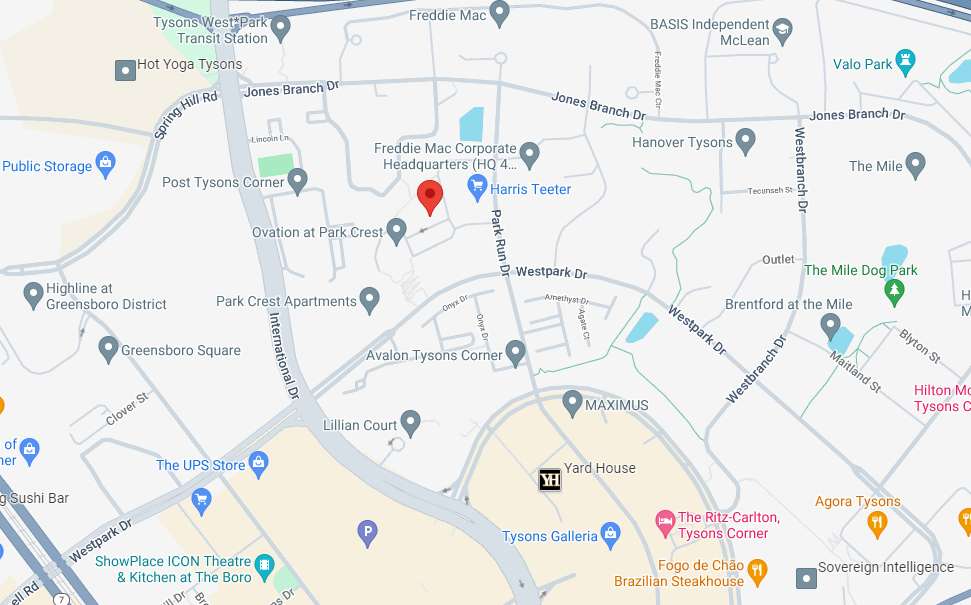Marijuana, or “weed,” comes from the cannabis plant and contains a psychoactive compound called THC, which gives users the euphoric “high” feeling when ingesting or smoking it. Today, marijuana is currently illegal on a federal level. However, in recent years, the subject of legalizing it all together has become a hot topic of conversation within the congress chambers.
Many states across the United States have legalized the drug with certain limitations on usage. As marijuana legalization continues to occur in more states in the US, it seems that congress may choose to either legalize or decriminalize it in the future. Legalization of this drug seems to be widely supported among the democratic party and is becoming increasingly popular among some republicans as well.
Why or Why Not Legalize Marijuana?
While some believe that marijuana has a horrible image, connected to drug abuse and trafficking, others believe that legalizing the drug could prove to do more good than harm. Proponents of marijuana legalization argue that marijuana is not nearly as bad as alcohol and does not cause people to abuse it, as it is not considered an addictive drug. Also, these proponents argue that marijuana can have serious physical and mental benefits, such as stress and anxiety relief, physical pain relief, as well as sleep assistance.
One of the most important reasons why many believe that marijuana legalization could significantly reduce mass incarceration as these laws disproportionately affect people of color and those in lower income communities. Opposition to widespread legalization centers around a fear of health and safety risks.
What States Have Legalized Marijuana?
As states and territories across the United States continue to make efforts to legalize marijuana, seventeen U.S. states, territories, or districts have already legalized the drug. As marijuana is still federally banned, the country has implemented the Cole memorandum for states to have separation of powers. Under this clause, states have the authority to implement their own marijuana provisions, while the drug is still federally banned. The one provision that all state laws must share is that a person must be over the age of 21 to buy, sell, or legally possess marijuana. The following states have legalized marijuana:
- Colorado
- Washington
- Alaska
- Oregon
- Washington, D.C.
- California
- Maine
- Massachusetts
- Nevada
- Michigan
- Vermont
- Guam
- Illinois
- Arizona
- Montana
- New Jersey
- South Dakota
While the amount of legal possession differs in each state, most states keep the maximum one ounce. Michigan, Maine and Washington D.C., on the other hand have larger maximums. Michigan for example, allows citizens to possess a maximum of 2.5 ounces of marijuana. Other provisions that differ are the amount an individual can grow, use in products, as well as retail and excise taxes.
Decriminalization Vs Legalization
Some states have taken a different approach to the marijuana debate by decriminalizing it while still making it legal to use, possess, or sell. In addition to the seventeen states that have legalized marijuana, 26 states have decriminalized it.
Decriminalization is the act of decreasing the consequences or penalties of a certain criminal act, or reclassifying a criminal act based on the reduction of these penalties. In most of these states jail time has been removed or at least limited, especially for first time offenders. Most states have also lowered the fine amounts for the possession of marijuana. Moreover, many states have classified the penalties of possession, or buying/selling of marijuana as a civil offense rather than a criminal one.
“New York has decriminalized possession of small amounts of marijuana; however, this does not mean possession is legal,” says New York criminal attorney Jeffrey Lichtman. “Instead, it means those in possession of less than 25 grams of marijuana will not face criminal penalties unless they have prior offenses on their record.”
With growing support across the country for the legalization and decriminalization of marijuana, the next step may be implementing these law changes on the federal level.






